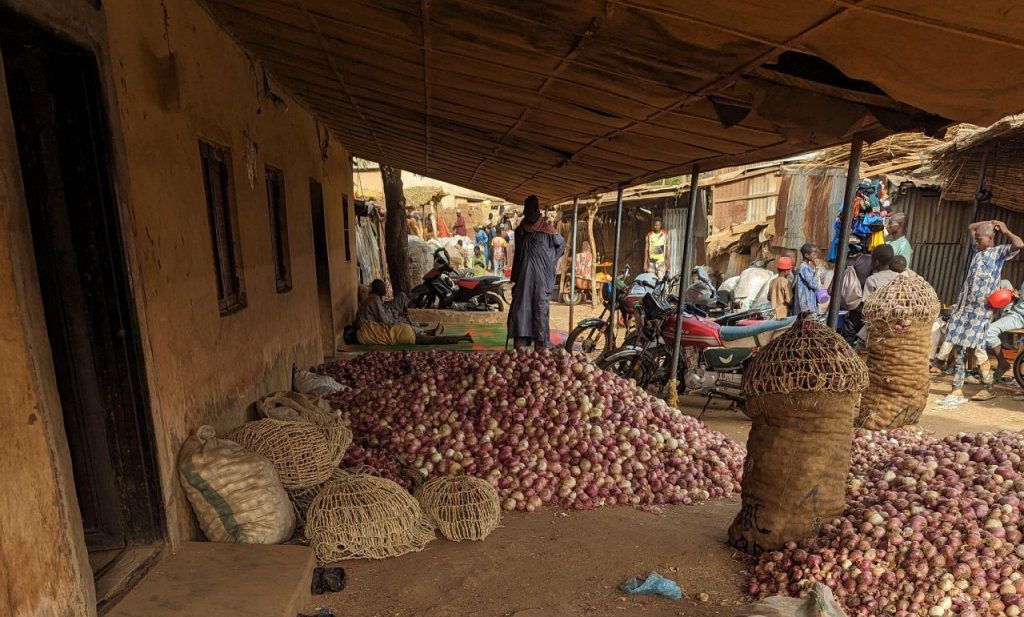For every food sovereign nation, the market is a powerhouse that helps improve the food chains and its system, with a strong market structure that supports it and the market forces (the forces of demand and supply) that are self regulatory. Not necessarily a perfect market, but near perfect as it works as a system that comprises different components and structures that make movement and trading of food seamless.
Such a structure tends to support food security. However, in developing countries we are faced with a different reality that threatens the achievement of zero hunger.
An ineffective and inefficient market system that can easily be influenced by powerful market actors who are bigger and stronger than the market forces. Such external influence weakens the market system; its structure, components and activities, which hamper the growth and development of the food system. Sadly, over the years, our market system has been infiltrated by external forces who only profiteer handsomely from the anomaly of the market, thus has made the market so fragmented and unreliable. Currently in Nigeria, the food inflation rate has hit 40%, a big threat to food security and quality of life. There is a need for urgent intervention.
A broken system needs to be fixed. Firstly, the government has to subsidize food produce to reduce the burden of high cost of feeding. Also, the export of some important staple foods that are needed in high quantities locally should be temporarily restricted to bring in stability in the market. There is a need for key stakeholders in the agricultural sector to identify priority sub-sectors that can provide more food and to mobilize more investment and efforts towards such activities. Therefore, we are the forces that can force other forces to bow to achieve food security. This is because food is our major fundamental right and everyone should have access to it irrespective of social status. Let us join hands in alliance as a force to align the market forces for food security.
Yours-in-Service
Babatunde
An ineffective and inefficient market system that can easily be influenced by powerful market actors who are bigger and stronger than the market forces. Such external influence weakens the market system; its structure, components and activities, which hamper the growth and development of the food system. Sadly, over the years, our market system has been infiltrated by external forces who only profiteer handsomely from the anomaly of the market, thus has made the market so fragmented and unreliable. Currently in Nigeria, the food inflation rate has hit 40%, a big threat to food security and quality of life. There is a need for urgent intervention.
A broken system needs to be fixed. Firstly, the government has to subsidize food produce to reduce the burden of high cost of feeding. Also, the export of some important staple foods that are needed in high quantities locally should be temporarily restricted to bring in stability in the market. There is a need for key stakeholders in the agricultural sector to identify priority sub-sectors that can provide more food and to mobilize more investment and efforts towards such activities. Therefore, we are the forces that can force other forces to bow to achieve food security. This is because food is our major fundamental right and everyone should have access to it irrespective of social status. Let us join hands in alliance as a force to align the market forces for food security.
Yours-in-Service
Babatunde
Related



